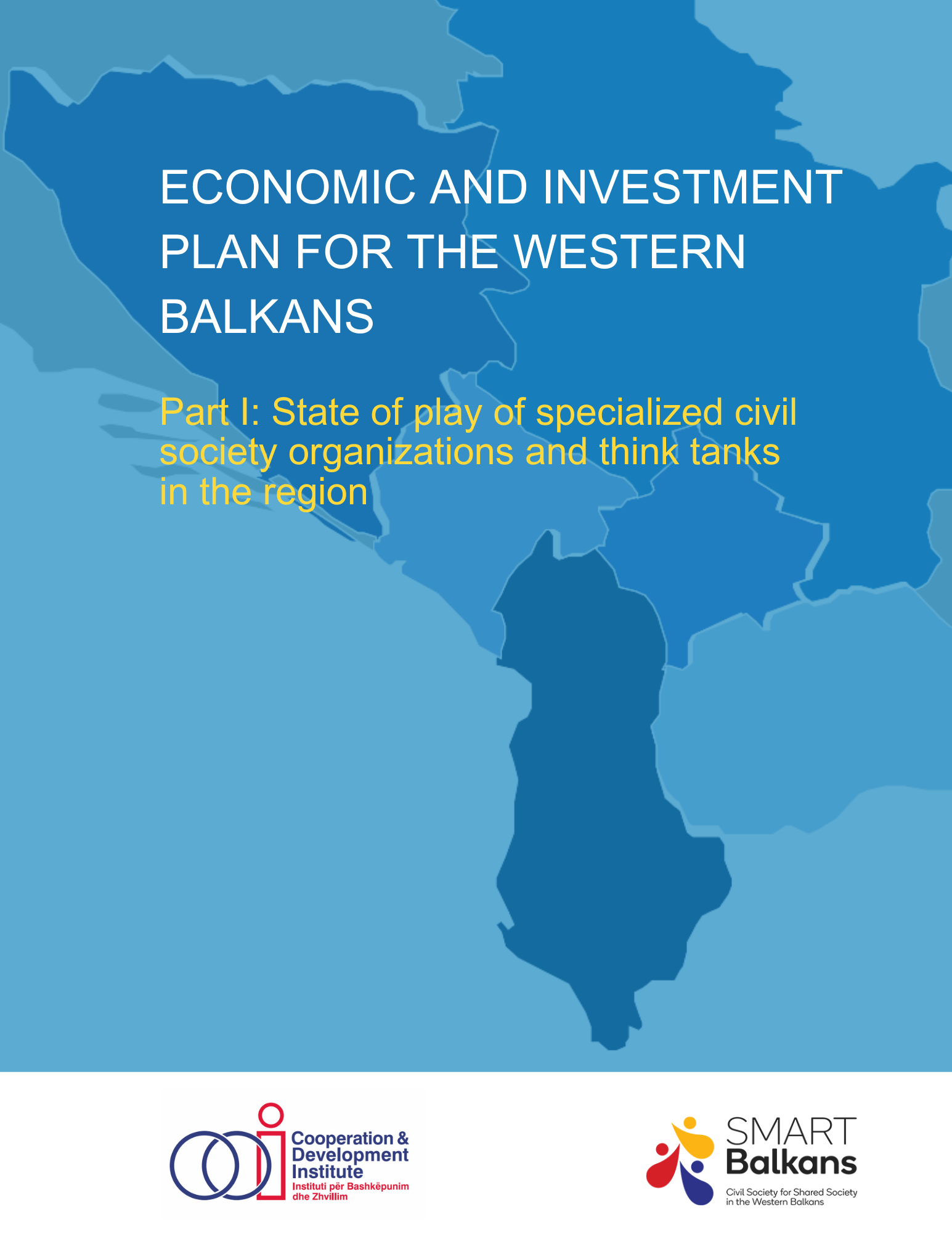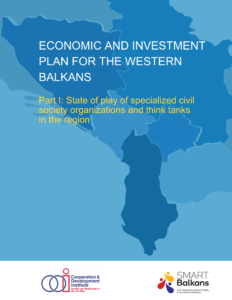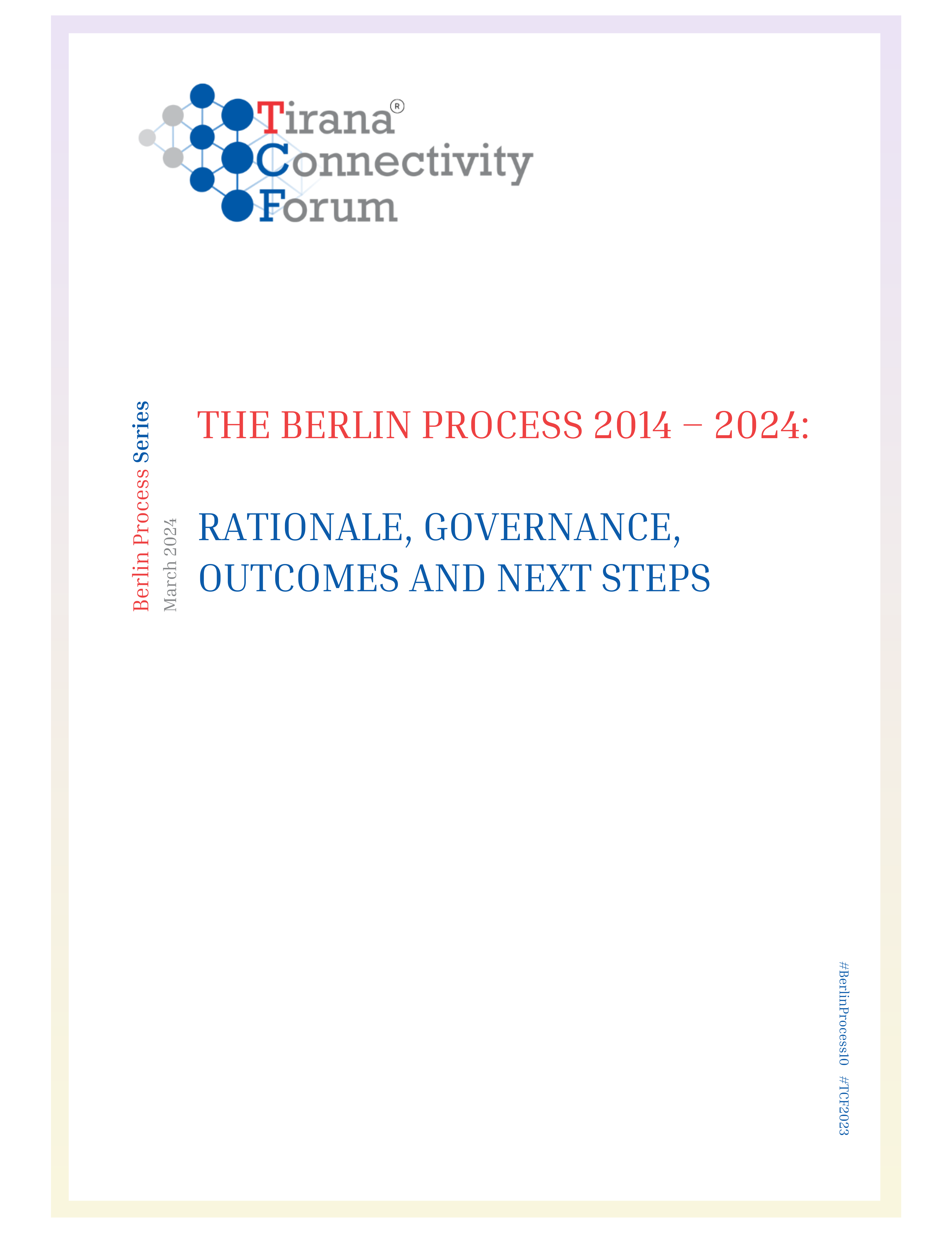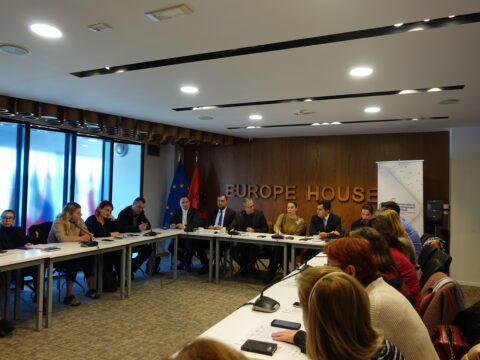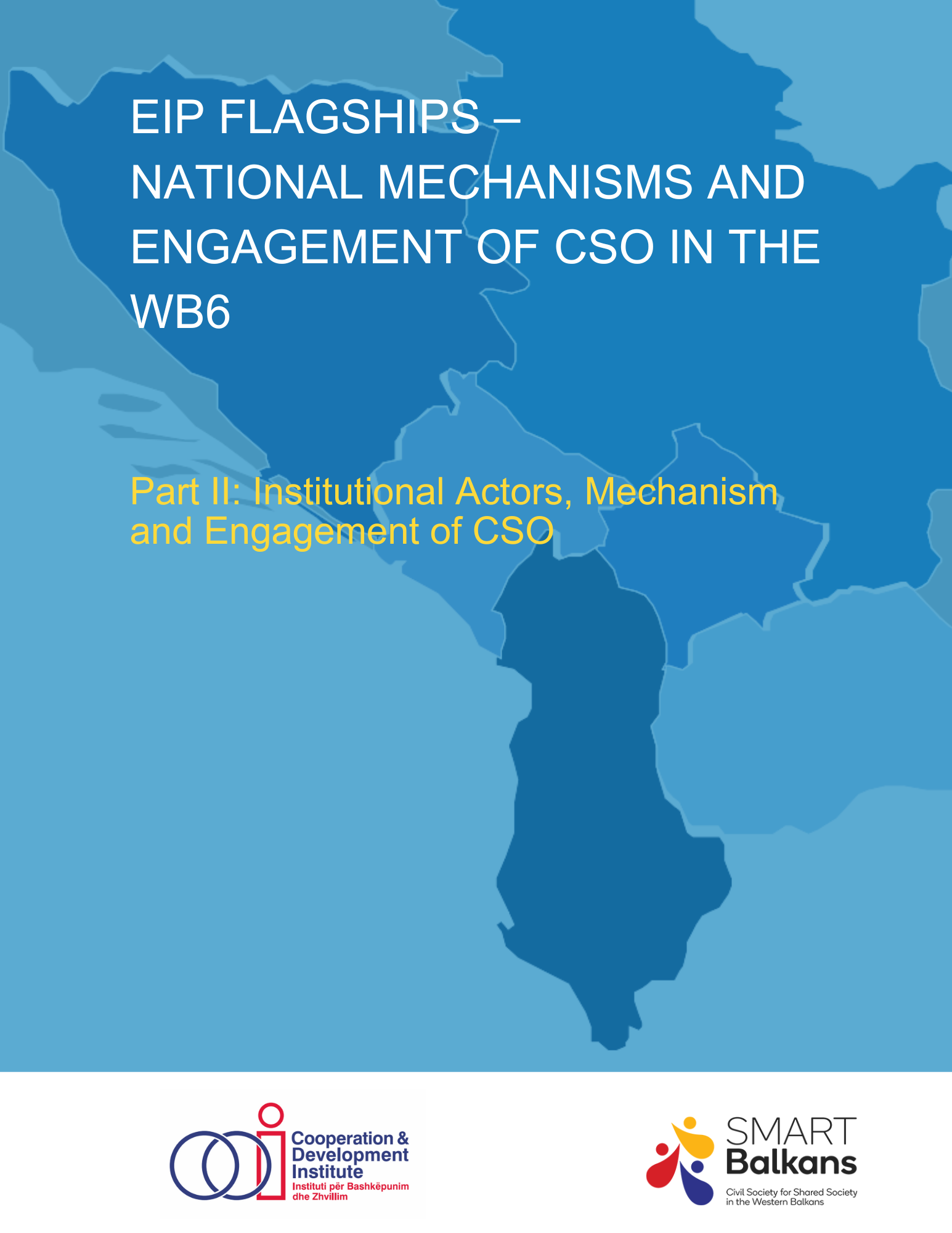Economic and Investment Plan for the Western Balkans

CDI’s contribution to the “Adriatic-Ionian Region is You(TH)” conference
December 12, 2023
Update on CRM 4 Mobility Agreements (Montenegro)
December 21, 2023The Economic and Investment Plan (EIP) for the Western Balkans 6 (WB6) earmarks EUR 9 bn in grants and up to EUR 20bn in loans for the region, providing an impetus to growth and to the accession-induced reforms. The most visible form of EIP are its investment flagships – 24 projects were initially approved in 2022 in 6 sectors, including key railway, road and waterway interconnections, renewable energy and electricity transmission networks, waste water management, new healthcare facilities, and broadband infrastructure.
However WB6 countries suffer from serious structural weaknesses related to rule of law, good governance and, absence of critical knowledge and implementation capacity. All three influence the smooth implementation of projects, create cost overruns, reduce the cost-benefit ratio and damage the legitimacy of the EU action and of its support in WB6.
One way to mitigate the three above mentioned variables would be to strengthen the involvement of specialized CSO and think tanks (SCSO&TT) in all the phases of EIP flagships project cycle. Their inclusion will lead to increased transparency, accountability and integrity of EU assistance and involvement in the region.
This paper is the first of a set of three. It focuses on the engagement of CSOs in the implementation of the EIP and of other large infrastructure projects (LIP) in WB6. It aims to learn about the state of affairs of CSO&TT involvement, to inform and to facilitate their contribution to a successful project.
To that effect, the study provides an innovative insight into the state of play of CSO&TT sector in the region that have been – or could be – active in the implementation of the EIP. It also provides an overview of their capacity, strengths, networking strength, opportunities, constraints and potential to exert impact on the infrastructure policy and project cycle.
The study has brought to light some valuable insights that can be utilized to further develop CSO&TT agency in EIP, and to establish new regional partnerships among CSOs in the area. These partnerships will help move closer towards developing an innovative mechanism to engage CSOs in the EIP and LIP.
In the following paper we look at the mechanisms in place (national and regional) and institutions involved at each step of PCM and how SCSO&TT are engaged (or not), what are the entry point and what should be done to increase their impact.
Meanwhile we are monitoring 12 EIP Flagships – two in each WB6 country. Representing most of EIP sectors we are looking at their stage of advancement, the related risks and how they have been mitigated, their strategic importance and contribution to community, entry points for CSO engagement, and impact on the ground. The results will be published by mid-2024.
This study has been prepared in the framework of the regional project “Connected We Can: Strengthening WB6 CSO-s agency in Economic and Investment Plan Implementation”, supported by the Norwegian Ministry of Foreign Affairs via SMART Balkans project.

